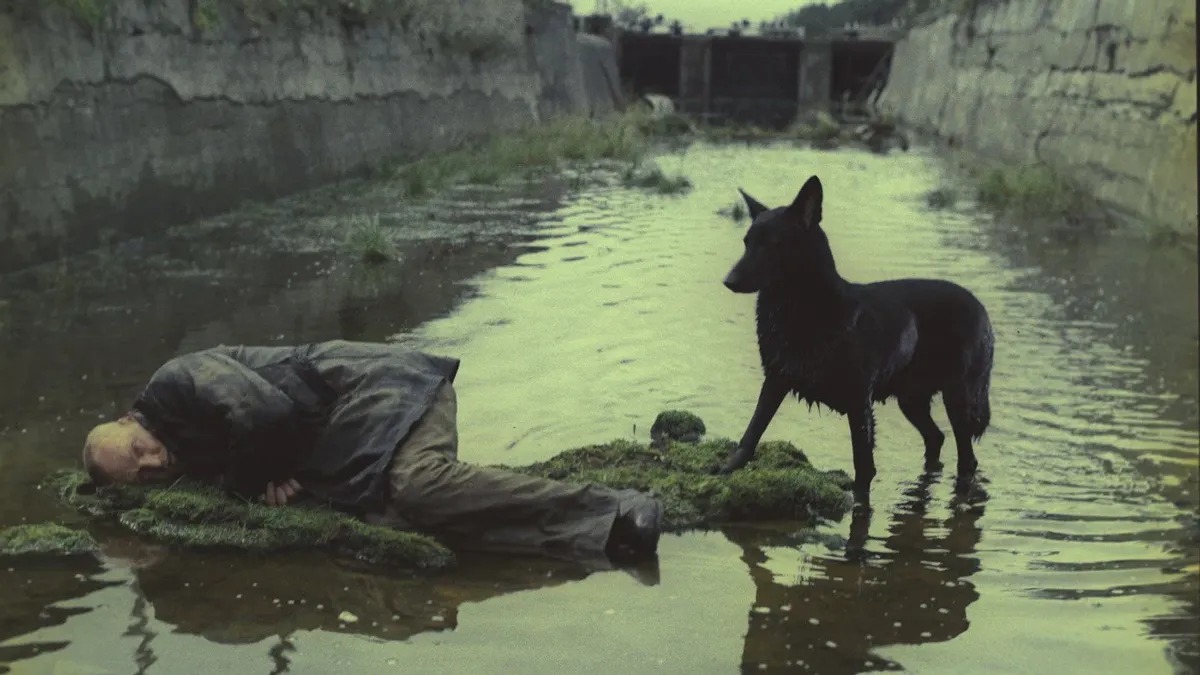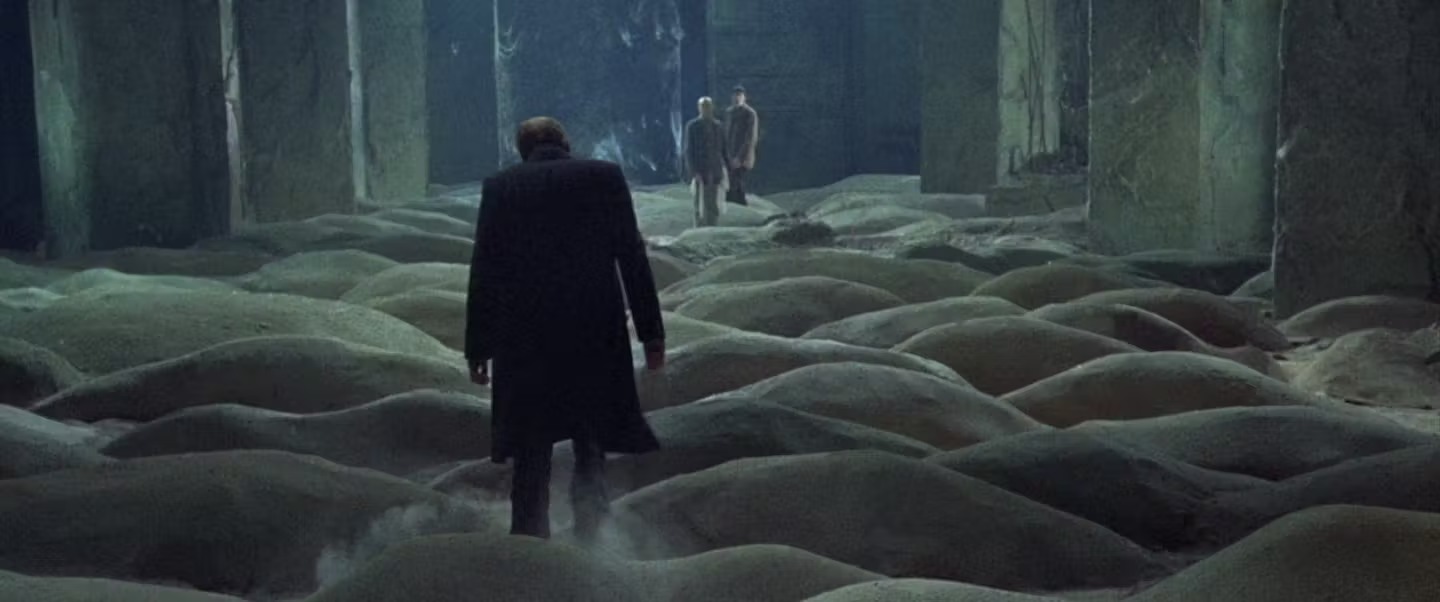Stalker (1979)

“Stalker,” directed by Andrei Tarkovsky, is a Soviet science fiction art film released in 1979. Based on the novel “Roadside Picnic” by Arkady and Boris Strugatsky, who also wrote the screenplay, the film is renowned for its philosophical depth, haunting visuals, and slow, contemplative pace. “Stalker” is considered one of Tarkovsky’s masterpieces and a seminal work in the science fiction genre.
The plot centers on a mysterious and forbidden area known as the Zone, which is said to contain a place where one’s innermost desires can be fulfilled—the Room. The Zone is guarded and heavily restricted due to its dangerous and unpredictable nature. Despite the risks, people known as “stalkers” guide others through the Zone to reach the Room.

The protagonist, known only as the Stalker (played by Alexander Kaidanovsky), is a seasoned guide who agrees to take two clients into the Zone: the Writer (Anatoly Solonitsyn), who seeks inspiration, and the Professor (Nikolai Grinko), who has his own undisclosed motives. The journey through the Zone is perilous, filled with unseen threats and existential challenges that force the characters to confront their deepest fears and desires.
Tarkovsky’s depiction of the Zone is one of the film’s most striking elements. The Zone is a lush, overgrown landscape, depicted with a sense of eerie tranquility. The contrast between the desolate, industrial setting outside the Zone and the vibrant, almost supernatural environment within it underscores the film’s exploration of spiritual and philosophical themes.

The journey through the Zone is marked by long, meditative shots and a deliberate pace, allowing viewers to immerse themselves in the atmosphere and reflect on the characters’ internal struggles. The dialogue is sparse but profound, with the characters engaging in deep discussions about faith, purpose, and the nature of human desire.
The Stalker himself is a complex character, driven by a sense of duty and a belief in the transformative power of the Room. His motivations are both selfless and ambiguous, as he navigates the ethical implications of leading others to a place where their wishes might be granted, but not necessarily in the way they expect.

“Stalker” is also notable for its visual and auditory style. Tarkovsky’s use of long takes, natural light, and meticulous composition creates a hypnotic and immersive viewing experience. The sound design, with its minimalistic score and ambient sounds, enhances the film’s otherworldly atmosphere.
While “Stalker” was initially met with mixed reactions, it has since been recognized as a profound and influential work. The film’s ambiguous ending and open-ended questions invite endless interpretation and analysis, making it a favorite among cinephiles and scholars. Its impact extends beyond cinema, influencing various artistic and intellectual fields.
